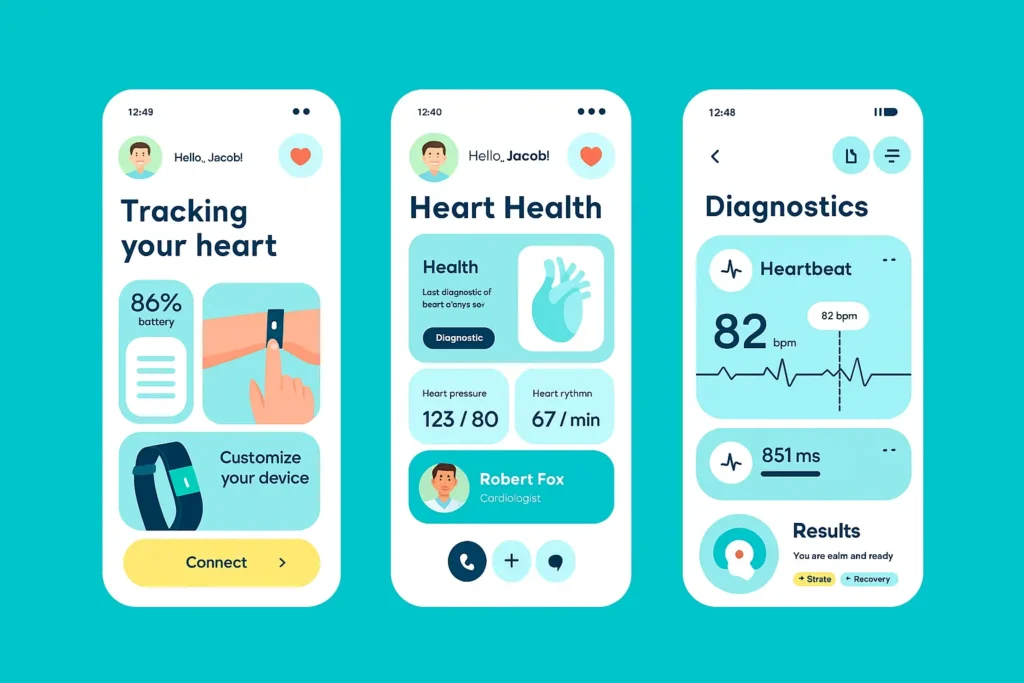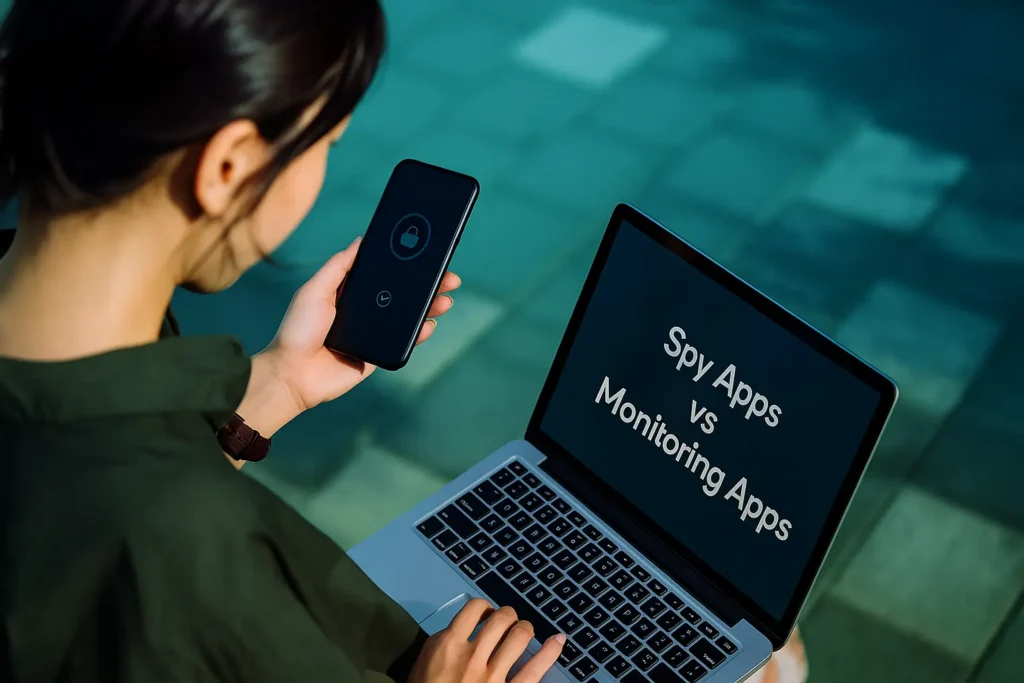Spy Apps vs Monitoring Apps: What’s the Difference and Which One Do You Need?
Nowadays, keeping track of what’s happening on phones, tablets, and computers has become a common need. Whether you’re a parent worried about your child’s online safety or an employer trying to protect your company’s data, you may have come across the terms spy apps and monitoring apps.
They might sound similar, but they are not the same. Knowing the difference is important, especially if you want to stay within the law and make ethical choices.
So, let’s break it down in simple words: What are spy apps? What are monitoring apps? How are they different? And most importantly, which one do you actually need?
What Are Spy Apps?
Spy apps are software programs that are used to secretly monitor someone’s device activity, like messages, calls, GPS location, or social media use, without the user knowing. These apps are usually hidden on the device and run in the background.
Main features of Spy Apps:
- Call recording
- Text message reading (including deleted messages)
- GPS tracking
- Access to social media apps like WhatsApp, Facebook, and Instagram
- Hidden camera or microphone activation

Key point:
Spy apps are invisible and meant to be used without consent. That’s why they are often seen as invasive and possibly illegal, depending on where you live.
Some examples include:
What Are Monitoring Apps?
Monitoring apps are tools used to track or observe device activity with permission or full awareness of the person being monitored. These apps are often used by:
● Parents: to watch over their children’s screen time or online behavior
● Employers: to monitor company-owned devices
● Schools: to supervise students on school-issued laptops or tablets

Main features of Monitoring Apps:
- Screen time management
- Web filtering (blocking adult or harmful content)
- App usage tracking
- Location tracking
- Alert system for suspicious content
These apps are visible on the device, and the person being monitored often knows it is installed.
Key Differences Between Spy App and Monitoring App
Let’s compare both types side by side:
| Feature | Spy Apps | Monitoring Apps |
| User Consent | Usually without permission | Always with permission |
| Visibility on Device | Hidden or invisible | Clearly visible |
| Legality | Often illegal (depends on the country’s laws) | Hackers- Legal when used with consent |
| Common Users | Suspicious partners | Parents, employers, and educators |
| Use Purpose | Spying or secret tracking Safety | Supervision, productivity |
| Ethical Concerns | High | Low |
Why Does This Difference Matter?
Using a spy app without someone’s knowledge can be a serious violation of privacy laws. For example, in many countries (including the U.S., U.K., and EU), secretly spying on someone without their permission can lead to criminal charges or lawsuits.
On the other hand, monitoring apps are usually safe and legal to use as long as you inform the user, like a child or an employee on a company phone.
Example:
● A parent using a monitoring app like Qustodio or Bark to keep kids safe online, legally and ethically.
● An adult secretly installing a spy app like FlexiSPY on their partner’s phone can check whether they are cheating on them.
Who Should Use Monitoring Apps?
Parents
Want to protect your kids from online dangers like cyberbullying, predators, or screen addiction? Monitoring apps are a smart and responsible choice. You can:
- Block unsafe websites
- Set time limits
- See what apps they use most
Employers
Managing remote employees or field workers? Monitoring apps help track:
- Time spent on tasks
- GPS location
- Work-related communications
Just remember to tell your team and add monitoring terms in your company policy.
Schools or Institutions
For schools giving out digital devices, monitoring apps ensure students stay focused and safe during learning. You can block gaming apps or inappropriate content.

Who Should Use Spy Apps?
Some people use spy apps out of distrust, like checking if a partner is cheating or if an employee is leaking information. With apps like mSpy, Over-watch, and Cocospy, parents can check their child’s messages, location, and social media use. These tools help parents protect kids from online dangers like cyberbullying or talking to strangers.
Employers can also use spy apps like Xnspy, Spystealth, or Mobile Tacker to monitor company phones and make sure employees are working honestly. Some people use tools like Geofinder to find the location of a phone using just a number. However, it’s important to use these apps legally and only with permission. In short, spy apps may seem like a solution, but they must be used with ethical boundaries.
Final Thoughts
Technology is powerful, but with power comes responsibility. It is tempting to go the spy route when you are worried about someone’s actions, but the smarter move is to choose transparency over secrecy. Spy apps may cross the line, both legally and ethically. Monitoring apps give you peace of mind while still respecting the other person’s rights.
Make sure you know the difference between using these two Apps!






